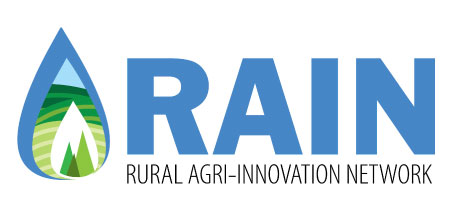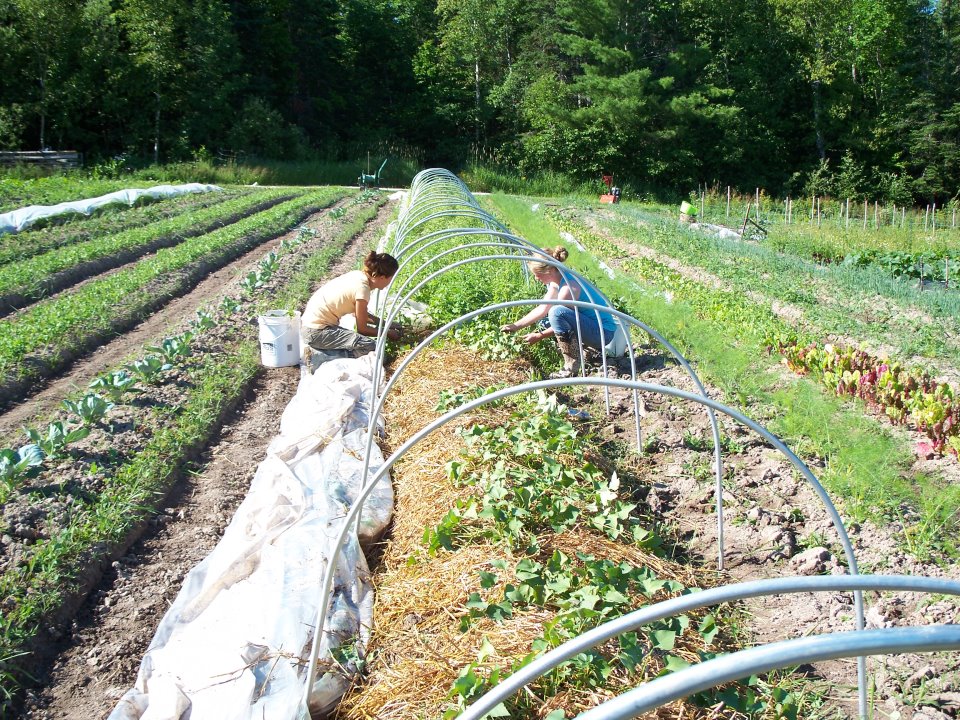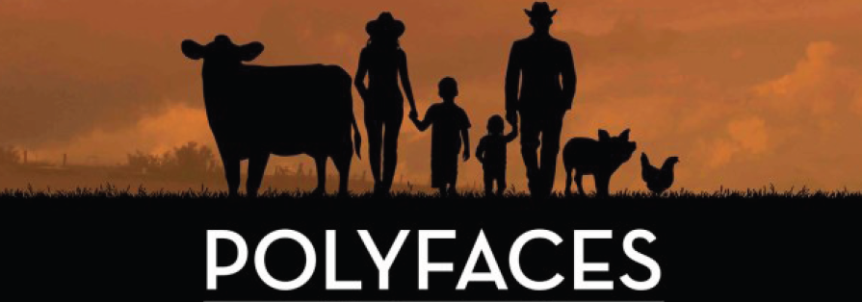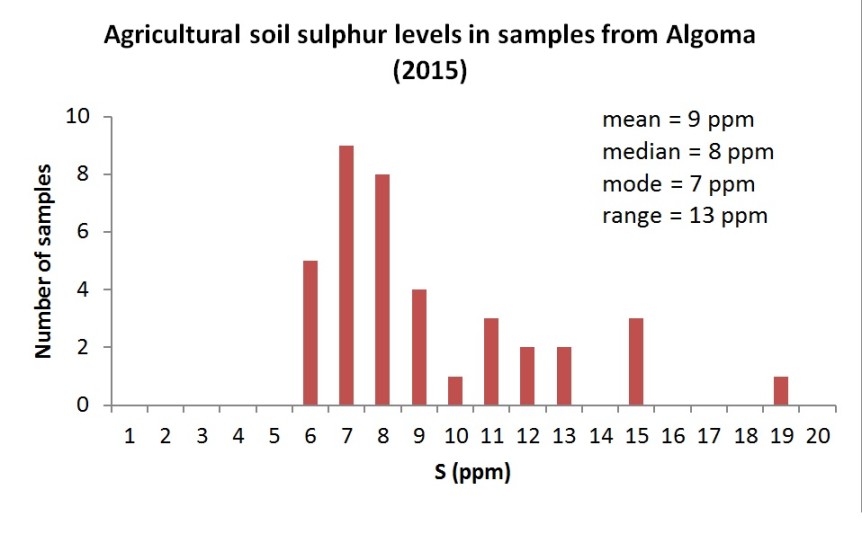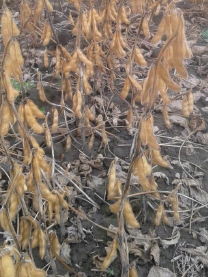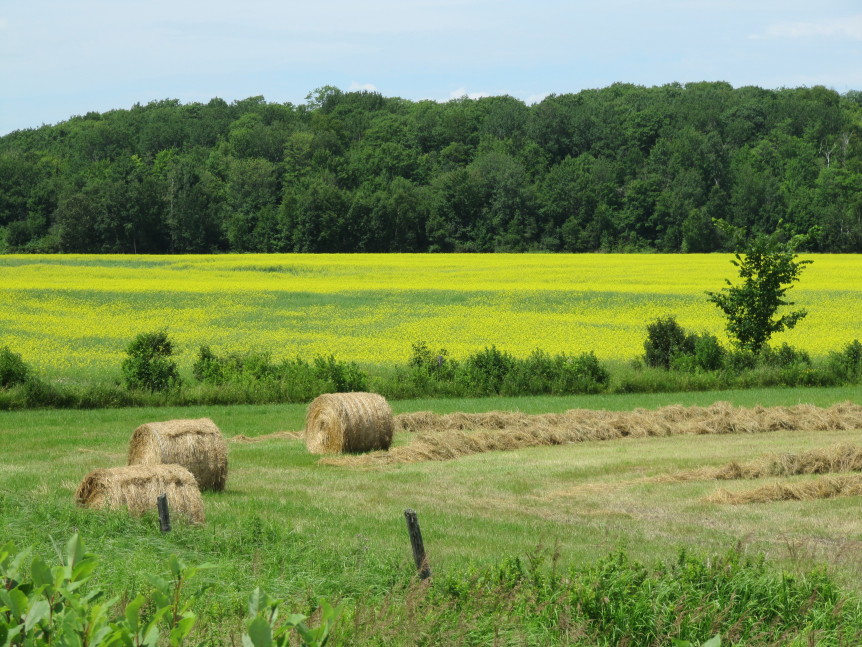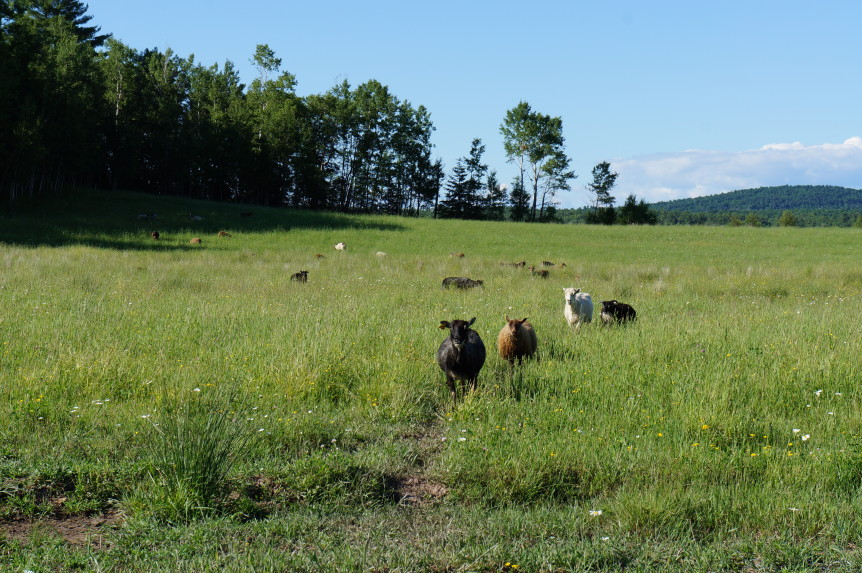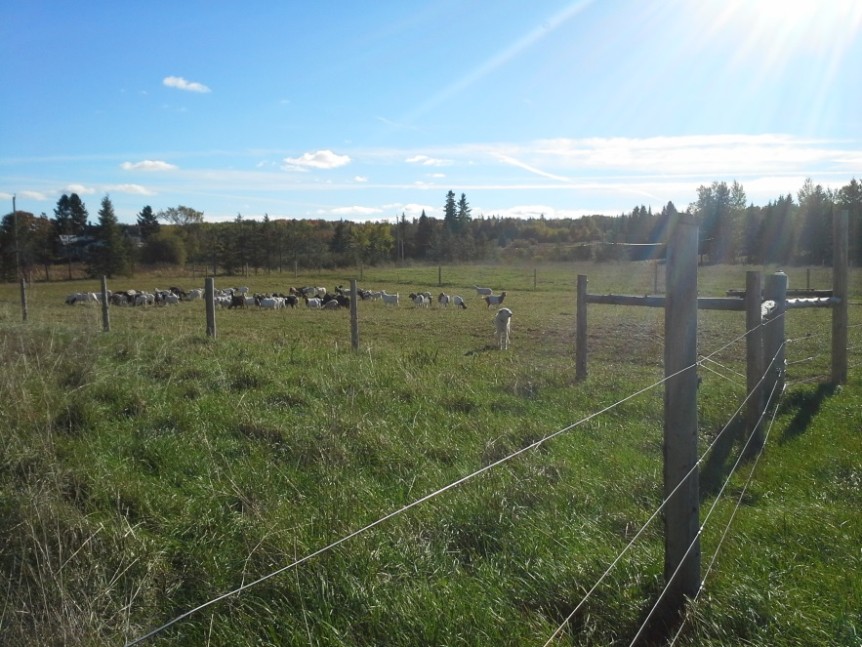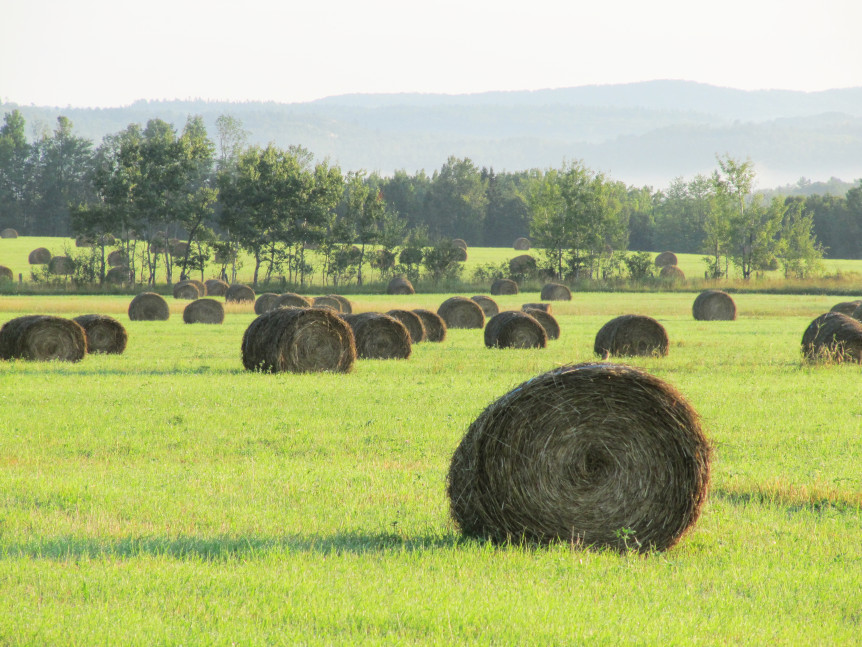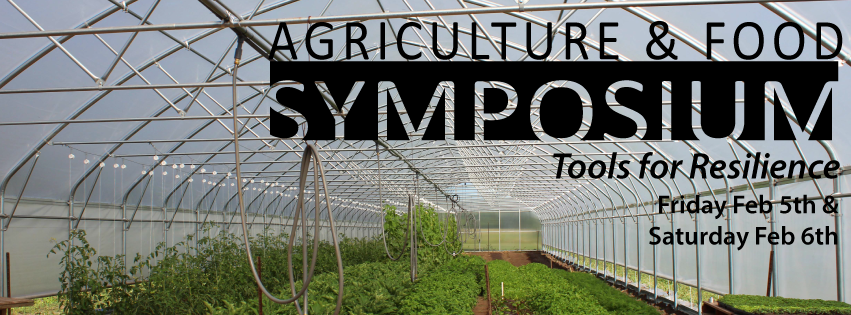On-Farm Food Safety Workshop Monday April 18, 2:00 p.m. – 5:00 p.m. Location: Johnson Township Community Centre (Desbarats Arena) Guest presenter: Colleen Haskins, Food Safety Programs Unit OMAFRA Come to this in-class session to hear about good agricultural practices to improve on-farm food safety and how you can apply these practices to your operation. For those interested, there will be …
Polyface Farms film screening on Tuesday April 19
Clean North, the Sault Ste. Marie Public Library and the Rural Agri-Innovation Network (RAIN) will host a special Earth Week film screening of “Polyfaces” at 6:15 p.m. on April 19th at the Centennial Sault Ste. Marie Public Library (Downtown) media room. The documentary will be followed by a Q&A discussion with Martti and Melanie Lemieux of Valleyfield Farm and David …
RAIN Advisory Committee Meeting Minutes
31 March 2016 at 19:00 Laird Hall, Pumpkin Point Road West, Echo Bay, ON In Attendance: David Thompson (RAIN Project Coordinator), Christine O’Reilly (RAIN Research Technician), Dave Trivers (OMAFRA), Errol Caldwell (RAIN Co-Chair), Nadine Roach (Thessalon First Nation), Gord Hacker (Algoma Cattleman’s Association), Tamara Ashawasega (Thessalon First Nation), Melissa Watson (RAIN Infrastructure Coordinator), Shawn Heard (East Algoma Community Futures …
Sulphur in Algoma Agriculture: Preliminary Data
In the past, sulphur (S) was not typically a limiting nutrient for agricultural production in most of Ontario. Air-borne sulphur emissions created acid rain and snow, which deposited 8 -13 kg/ha of SO4 annually. In addition to reduced air pollution, commercial fertilizers are more refined and deposit less sulphur than older blends. There is growing interest in determining whether the …
Crop Variety Trials: 2015 Soybean Report
Three cold-hardy varieties of soybean were grown in 2015 with a grower co-operator near Thessalon. NorthStar Genetics (Winnipeg, MB) provided seed for NSC Moosomin, NSC Gladstone, and NSC Reston. Soybeans were planted on June 11; Moosomin and Gladstone at a rate of 67 lb/ac and Reston at 87 lb/ac. Harvest was on October 14. The varieties tested were rated for …
Crop Variety Trials: 2015 Canola Report
Ten acres of canola were grown in 2015 with a grower co-operator near Echo Bay. Bayer CropScience provided seed for variety InVigor L130. Previous crop was a long-term hay field. Canola was planted the first week in June and harvested September 24th. No additional nutrients were applied to the crop. Dry yield (tons/acre) 0.957 Moisture (%) 9.4 Grade 1.0 Unit …
Profitable Pastures 2016 – Conference Call in Algoma
Theme: The Art of Good Pasture Management – “It Really Works!” Algoma District Services Administration Board Head Office Downstairs Boardroom 1 Collver Road Thessalon Wednesday, March 9th from 10:00am – 3:00pm $20.00 per person, includes lunch. This years’ keynote speaker is Juan Alvez. Juan comes from a two – generation pasture – based family farm in Rivera, Uruguay. He obtained …
Treating Grass like a Crop
Feed costs are a large expense on a livestock operation. Well managed pasture is the cheapest feed source for livestock. Managing grass with yield in mind is comparable to growing field crops. Cash croppers think about: Crop/variety selection Nutrient management Weed control By assessing if your pasture contains plants that can meet your livestock’s forage needs, planning how to supply …
Testing Cross-seeding of Hay and Pasture: Call for Interested Farmers!
RAIN is looking for farmer co-operators interested in testing cross-seeding as a method of establishing hay or pasture for spring of 2016. The landowner must be either planting a new pasture/hay field or be rejuvenating an established field by re-seeding. The project aims to assess whether cross-seeding is an economically viable technique for Algoma farmers. It uses the same amount …
2016 Agriculture & Food Symposium
Tools for Resilience The third annual RAIN Agriculture & Food Symposium will be held at the Bruce Station Community Hall Friday, February 5th and Saturday, February 6th, 2016. This year’s symposium will focus on three distinct areas related to longevity and resilience on and within your farm: – Succession Planning and budgeting with Len Davies – Testing Feasibility of New …
